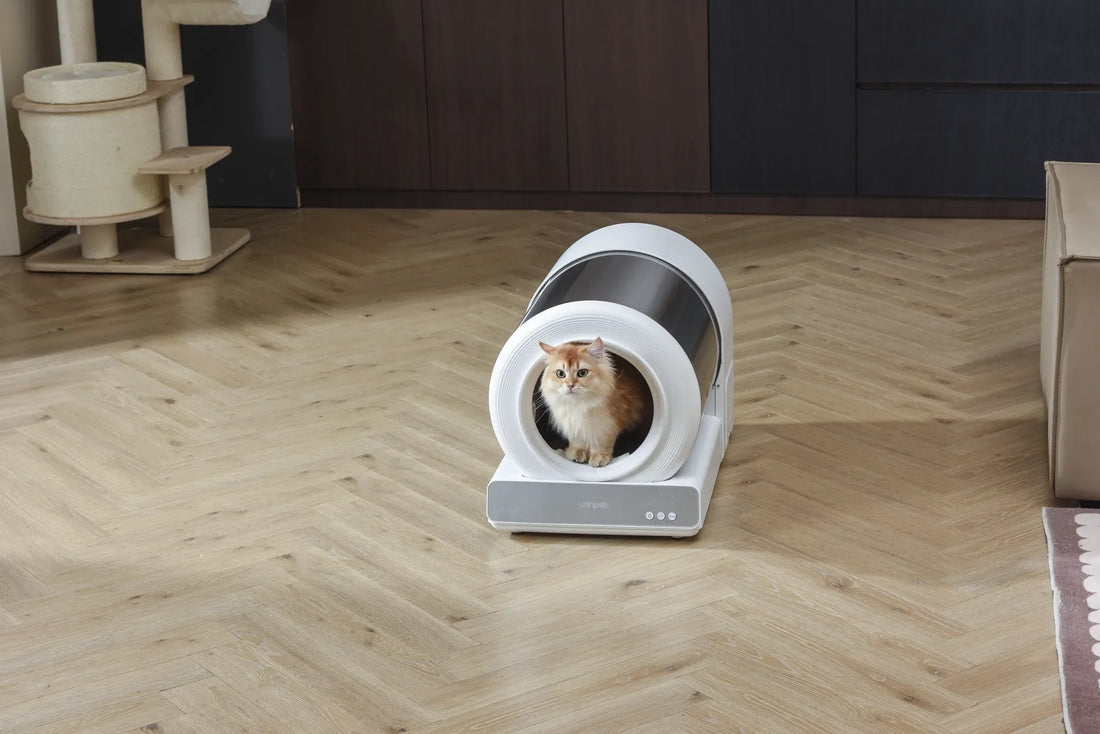Understanding Your Cat's Behavior
When your cat starts peeing next to the litter box, it can be both frustrating and concerning. This behavior is often a sign that something is amiss, and understanding the underlying causes is crucial for addressing the issue effectively.
Common Reasons for This Behavior
There are several reasons why your cat might be avoiding the litter box. One of the most common causes is a dirty litter box. Cats are naturally clean animals, and if their litter box is not cleaned regularly, they may choose to go elsewhere. Another possibility is that the litter box is too small or uncomfortable for your cat. Cats need enough space to move around and dig, so a cramped box can be a deterrent.
Health Issues to Consider
Health problems can also lead to litter box avoidance. Urinary tract infections, bladder stones, and other medical conditions can make it painful for your cat to urinate, causing them to associate the litter box with discomfort. If you notice any signs of illness, such as frequent urination, straining, or blood in the urine, it's important to consult your veterinarian immediately.
Stress and Anxiety Factors
Stress and anxiety can also play a significant role in your cat's behavior. Changes in the household, such as a new pet, a move, or even a change in routine, can cause your cat to feel anxious. This anxiety can manifest in various ways, including avoiding the litter box. Providing a calm and stable environment can help alleviate your cat's stress and encourage them to use the litter box again.
Environmental Factors
The location of the litter box can also impact your cat's behavior. If the box is placed in a noisy or high-traffic area, your cat may feel too exposed or distracted to use it. Additionally, if there are multiple cats in the household, competition for the litter box can lead to avoidance. Ensuring that each cat has their own litter box and placing them in quiet, accessible locations can help mitigate this issue.
Behavioral Solutions
Addressing litter box avoidance often requires a combination of behavioral and environmental changes. Start by thoroughly cleaning the litter box and surrounding area to remove any lingering odors that might be deterring your cat. Experiment with different types of litter to find one that your cat prefers. Providing multiple litter boxes in different locations can also give your cat more options and reduce the likelihood of accidents.
When to Seek Professional Help
If your cat continues to pee next to the litter box despite your best efforts, it may be time to seek professional help. A veterinarian or a feline behaviorist can provide valuable insights and recommend specific strategies tailored to your cat's needs. They can also rule out any underlying medical conditions that might be contributing to the behavior.
Preventing Future Issues
Preventing litter box issues in the future involves maintaining a clean and comfortable environment for your cat. Regularly clean the litter box, provide enough space and privacy, and monitor your cat's health and behavior closely. By addressing potential problems early on, you can help ensure that your cat continues to use the litter box appropriately.
Understanding why your cat is peeing next to the litter box is the first step toward resolving the issue. By considering factors such as cleanliness, health, stress, and environment, you can create a more conducive space for your cat to do their business. With patience and the right approach, you can help your cat return to their litter box habits and maintain a happy, healthy home.













